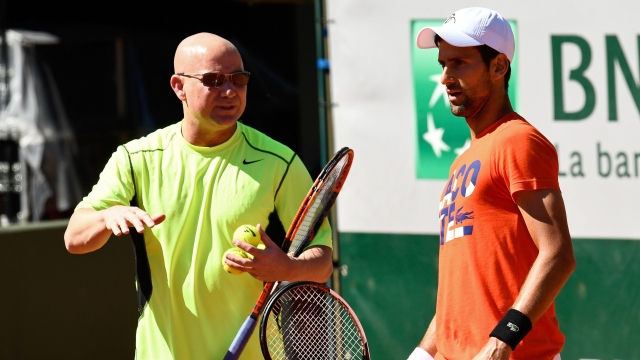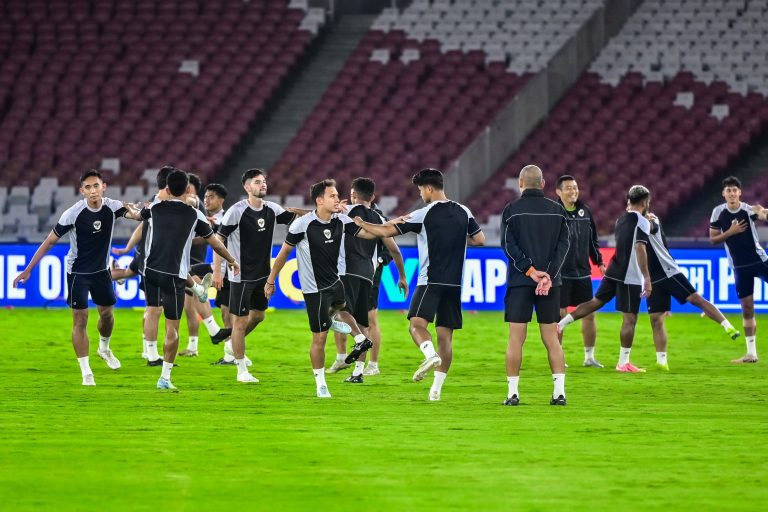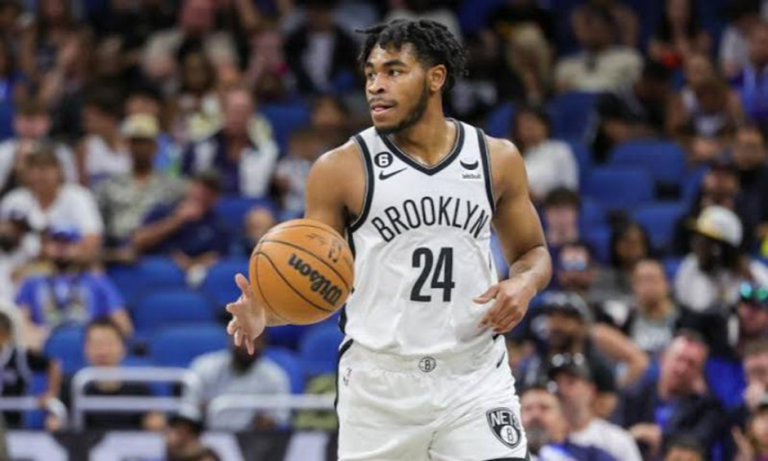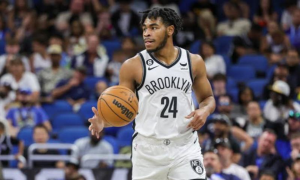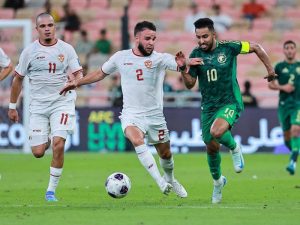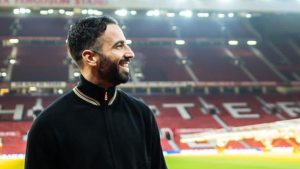Andre Agassi is prepared to continue coaching Novak Djokovic at Wimbledon if he wants to extend their partnership beyond the French Open.
Agassi began working with the 12-time Grand Slam singles champion ahead of the second major of the year at Roland Garros.
Djokovic parted company with Boris Becker in November after three years together and then surprisingly dismissed his remaining coaching staff, including long-term mentor Marian Vajda, last month in a bid to reclaim the form that saw him dominate the men’s game prior to being dethroned as world No. 1 by Andy Murray late last year.
“If he wants me there, yeah, I will come,” Agassi told his Becker in a Eurosport interview in Paris when asked about the next Slam at the All England Club in July.
“It’s a lot of responsibility so whatever’s practical and achievable — 100 percent I will make the effort.”
Agassi revealed he was initially skeptical about becoming Djokovic’s coach, but followed the advice of his wife, fellow former professional star Steffi Graf, to try it out.
“I got a call from him [Djokovic] late in Monte Carlo after he was done, and he wanted to talk tennis,” he said.
“He wanted to talk the possibility of working and I said listen, maybe I can help you over the phone, I don’t think you need much, but this is not possible for me with the balance of my life. And then Steffi says, ‘Maybe you’ll enjoy it’. I said, ‘You think?’.
“I respect her so much so I said okay, I’ll go early since I have to be in Paris anyway, and I’ll just get to know him. [Djokovic is] a very inspirational guy for me.”
An eight-time major champion, Agassi, 47, has undertaken the role on an unpaid basis and has some clear ideas about how to guide Djokovic.
“For me, I do this on my own time and my own dime,” he said.
“I don’t want money, I want to help him. And it helps the game. Him at his best is good for the game and it’s a way I can contribute.
“For me, it’s simple. His game is about controlling the baseline and it’s built on executing to big targets. He’s not a guy who plays to lines, he’s a guy who throws body blow after body blow after body blow, and he’s just never thought a lot about the other side of the court.
“So I think there are ways he can take his game, at 30 years old and older — because hopefully he will want to play for a while — and he will start making it easier for himself by knowing what he should do with the guy across the net.”

